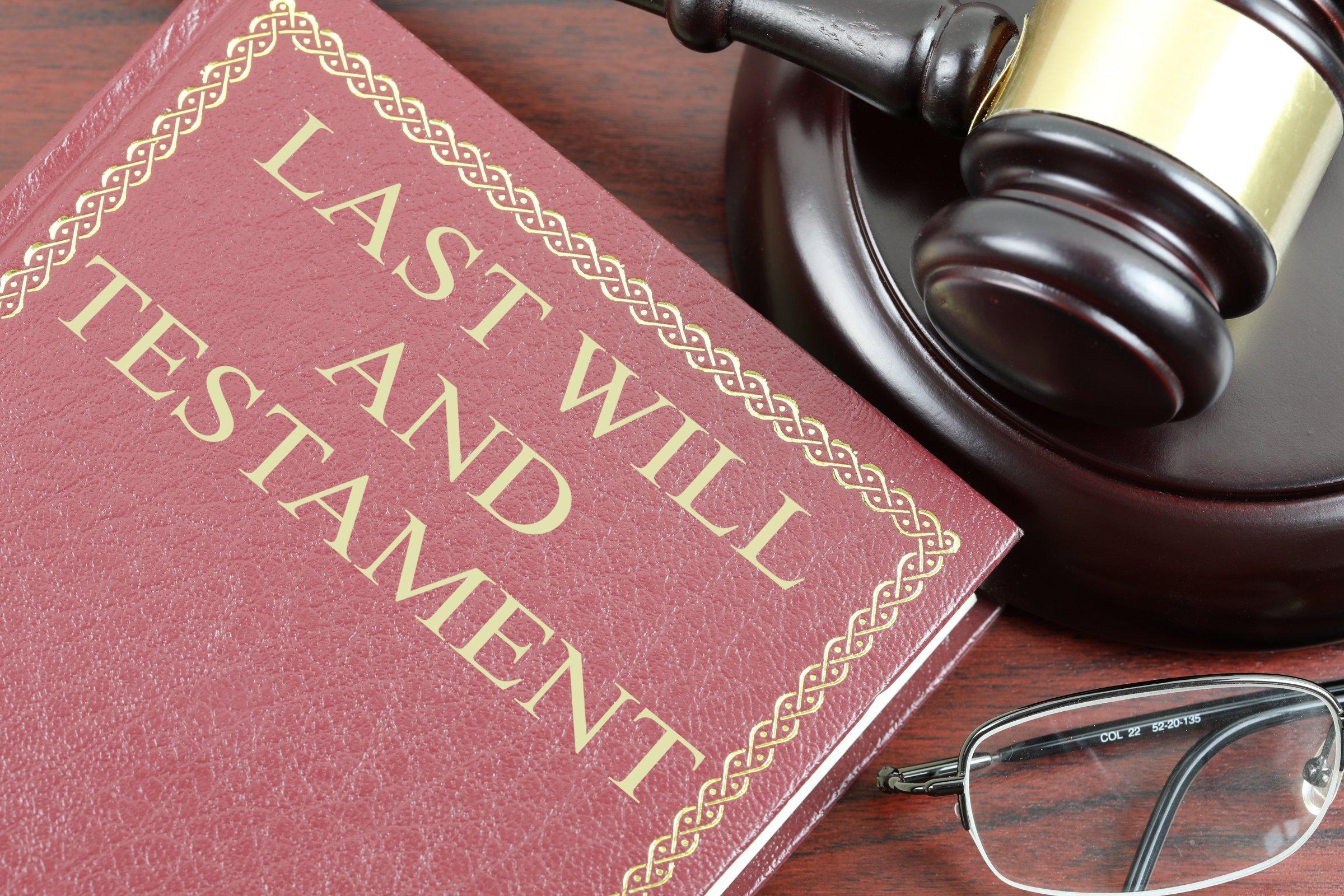As parents, we often believe that we will always be there to protect and nurture our children. However, life is unpredictable, and the reality is that none of us are immune to unforeseen events. Have you ever considered what would happen to your child if you were to pass away unexpectedly? This article delves into the critical importance of having a will to safeguard your child’s future in such circumstances.
Guardianship Concerns
Without a will, the decision regarding your child’s guardianship falls to the court. This can result in prolonged and stressful legal battles as various family members may have differing views on who should take on this responsibility.
One potential complication is when multiple family members come forward to seek guardianship. The court then faces the challenging task of evaluating factors such as the stability of the potential guardians, their relationship with the child, and their ability to provide a nurturing environment.
In some instances, the court may appoint a guardian who does not align with your preferences for your child’s upbringing. This can raise concerns about your child’s well-being and the values they will be taught. Therefore, having a will is crucial to ensure your child is placed in the care of someone you trust.
Asset Distribution and Probate
If a parent dies without a will, their child’s inheritance may have to go through the probate process. During probate, the court decides how the deceased person’s assets will be distributed. This process can be lengthy and expensive, adding stress to the grieving family.
In the absence of a will, asset distribution typically follows state laws of intestate succession. This means the deceased person’s assets are divided among their closest relatives, which may not reflect their wishes. Consequently, a child might not receive the intended inheritance or could face disputes among family members.
Creating a will is essential for parents to ensure their child is provided for in the event of their passing. By specifying their wishes in a will, parents can ensure their child receives the intended inheritance. Additionally, a will can help avoid the probate process and minimize potential conflicts among family members.
Financial Implications for Your Child
The financial impact on your child’s future can be significant if you die without a will. Without a clear plan, your child may face challenges in inheriting your assets and managing your estate. Consider the following points:
- Asset Distribution: Without a will, your assets may be distributed according to state laws, which may not align with your wishes or your child’s best interests.
- Legal Fees: The absence of a will can lead to prolonged legal battles and increased legal fees, which can diminish the value of your estate and impact your child’s inheritance.
- Guardianship: If you die without a will, the court may decide who will become your child’s guardian, potentially leading to uncertainty and emotional distress for your child.
To ensure your child’s financial security and well-being, it is crucial to create a will that clearly outlines your wishes and provides for your child’s future. By planning ahead, you can protect your child’s financial future and provide peace of mind for yourself and your loved ones.
Why Parents Need a Will
Creating a will is vital for parents to ensure their wishes are honored and their children are cared for in the event of their untimely death. Without a will, the fate of your child’s future may be left to the courts, leading to uncertainty and potential disputes among loved ones.
By having a will, parents can designate a guardian for their children, ensuring they are cared for by someone they trust. This provides peace of mind, knowing that their child will be in good hands if anything happens to them. Additionally, a will can specify how assets are to be distributed to meet the child’s financial needs.
It is important for parents to regularly review and update their will as their circumstances change. Life events such as marriage, divorce, or the birth of additional children may necessitate changes to the will to accurately reflect the parents’ wishes.
Conclusion
Having a will is crucial to ensure your child is protected in the event of your passing. Without a will, the court will make decisions about their guardianship and inheritance, which may not align with your wishes. By taking the time to create a will, you can provide clear instructions for the care and support of your child, giving you peace of mind and ensuring their well-being. It is never too early to start planning for the future, so take the necessary steps to secure your child’s future today.

What Will Happen to My Child If I Die Without a Will? Here’s What You Need to Know
Understanding Intestate Laws and Child Custody
If you die without a will, you are considered to have died intestate. This means that state laws will determine how your estate is divided and who will become the guardian of your minor children. It’s crucial to understand how this process works to prepare accordingly.
What Are Intestate Laws?
Intestate laws vary by state but generally follow a similar structure. These laws are designed to distribute your assets and determine guardianship based on a pre-determined hierarchy. Here’s a brief overview:
| Hierarchy | Beneficiary |
|---|---|
| 1 | Spouse and children |
| 2 | Parents |
| 3 | Siblings |
| 4 | Extended family |
Guardianship Determination
When it comes to your children, the court will prioritize their best interests in determining guardianship. Factors considered include:
- The relationship between the child and the potential guardian
- The mental and physical capability of the guardian
- The guardian’s financial stability
- The preference of the child, if they are old enough to express it
The Risks of Dying Without a Will
Unintended Guardians
One significant risk is that the court might appoint a guardian who does not align with your wishes. Without a will, you have no control over who becomes responsible for your child’s upbringing.
Lengthy Legal Processes
Intestate cases often involve lengthy court proceedings. During this time, your child may be placed in temporary foster care, adding emotional stress to an already difficult situation.
Family Disputes
Without clear instructions, family members may dispute over who should become the child’s guardian. This can lead to legal battles that further complicate and delay the process.
Benefits of Having a Will
Control Over Guardianship
By having a will, you can explicitly state who you wish to become the guardian of your child. This helps ensure that your child’s caregiver aligns with your values and parenting style.
Efficiency in Legal Proceedings
A will facilitates smoother legal proceedings, allowing your wishes to be executed more efficiently. This reduces the time and emotional burden on your loved ones.
Minimized Family Conflicts
Clear instructions in your will can help prevent family disputes, providing a harmonious transition for your child’s care.
Practical Tips for Estate Planning
Seek Legal Advice
Consulting with an estate planning attorney ensures that your will is legally sound and comprehensive. They can guide you through state-specific regulations and help you make informed decisions.
Regular Updates
Life changes, such as marriage, divorce, or the birth of another child, necessitate updates to your will. Regularly review and amend your will to ensure it reflects your current wishes.
Communicate with Potential Guardians
Discuss your plans with the individuals you wish to name as guardians. Ensure they are willing and capable of taking on the responsibility.
First-Hand Experience
Jane Doe, a mother of two, shared her experience of updating her will:
“I realized the importance of having a will when a close friend passed away without one. The legal battles and emotional toll on her children were devastating. I immediately sought legal advice and updated my will to ensure my children’s future is secure.”
Case Study: The Importance of Estate Planning
Consider the case of the Smith family. John Smith passed away unexpectedly, leaving behind his wife and two children. With no will, the court had to intervene to determine guardianship for his children as his wife was deemed unfit due to medical issues.
This case highlights the importance of immediate action in estate planning. By having a will, you can prevent such uncertainties and ensure a secure future for your children.
Conclusion
Dying without a will can lead to unintended guardianship, lengthy legal battles, and family disputes. To protect your child’s future, it’s crucial to have a comprehensive will in place. Seek legal advice, update your will regularly, and communicate your wishes with potential guardians. Doing so ensures that your children’s best interests are prioritized, providing them with a stable and secure upbringing.


